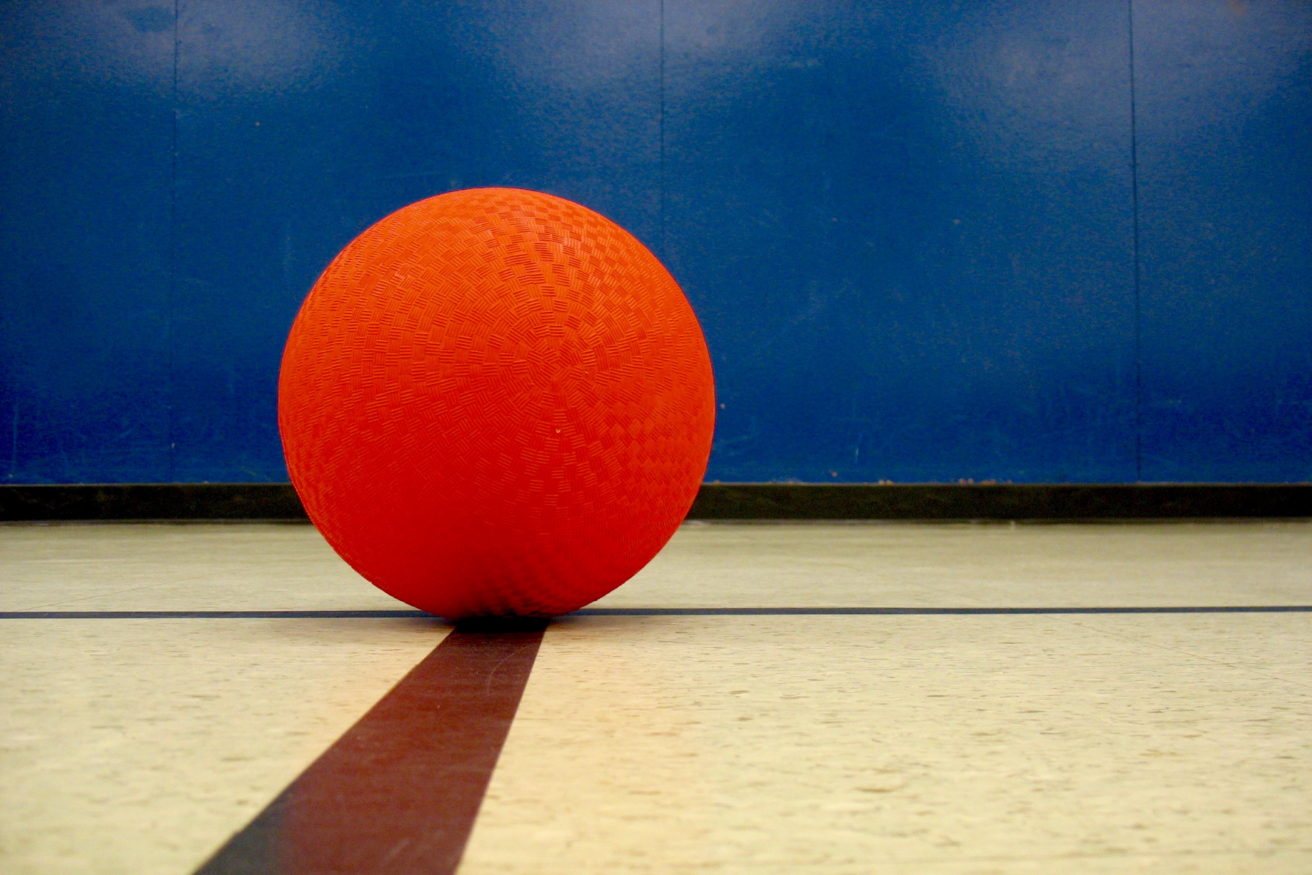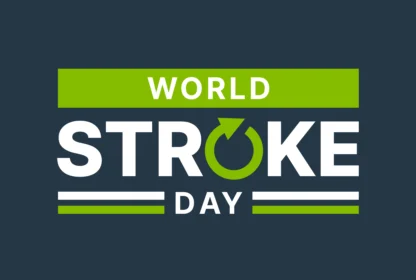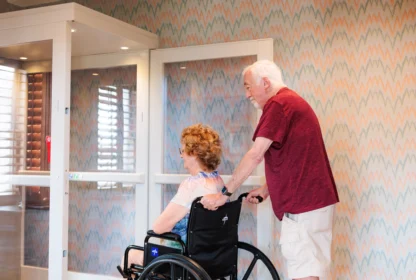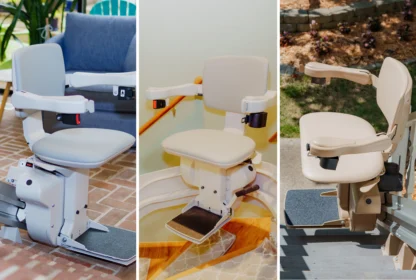
This blog post is a contribution from Kindra French, owner of 101 Mobility San Diego. In this post, the author details the lessons she learned from her time spent with a temporary disability as the result of a dodgeball injury.
It’s all fun and games until someone gets hurt.
The stakes were high in round eight of the dodgeball marathon. The youth leaders were picking off high school students like flies. Or maybe it was the other way around. The score was close, and we were all focused on the same goal: winning.
A ball rolled across the gym floor, and I darted forward to scoop it up. One of my teammates had seen the ball as well and slid laterally toward it. Both focusing on the ball and trying to win the game for our team, we didn’t notice one another. As we reached the ball, his heavy work boot crunched down on my barefoot.
The damage had been done, and I was out of the game. Two shattered metatarsals meant 12 weeks without walking. A knee scooter became my new best friend and allowed me to continue to get around with relative freedom. But those 12 weeks of living with a physical limitation taught me more than I could have imagined.
Adapting to Life
While I knew certain daily activities would be much harder from the constraints of my knee scooter, I had no idea just how difficult it would be. The physical challenges went on and on: opening a door, getting into the car, finding a way to the second floor of an office building, sitting in a restaurant without blocking the aisle. Everything was more difficult. The sleek little scooter that offered me freedom and mobility also got in the way when I tried to open doors or find a seat in a restaurant. It was nearly impossible to get things out of the fridge and prepare dinner, and using the bathroom was its own cumbersome, awkward experience.
Dealing with Barriers
I was often frustrated by the amount of extra time it took to accomplish anything or go anywhere. Time management has never been my biggest strength, and I found myself having to leave earlier and allow even more of a margin between appointments, simply because everything took more time than usual.
I was so proud of myself when I arrived 10 minutes early for a haircut appointment at a new salon. I entered the courtyard of the business complex and looked around for Suite C. To my dismay, it was tucked in the corner at the top of a steep staircase. Desperate to remain on time for my appointment, I searched for the elevator which was not easily visible in the courtyard. I finally found it on the outside perimeter of the building, around back by the train tracks. A full 15 minutes had passed, and now I was late for my appointment. Experiences like that were all too common during my season of recovery.
Clinging to my Independence
The most surprising aspect of my temporary disability was the emotional impact. I realized how difficult it is for me to ask for and receive help for things I feel I should be able to do on my own. Everyone around me was willing to lend a hand, but I stubbornly refused. Instead of letting my family members retrieve items from the fridge that I needed, I was determined to struggle through and do it on my own. When someone offered to open a door for me, my instinctive response was, “No, thanks, I’ve got it” instead of “Yes, please.”
I recognized for the first time how deeply the drive and desire to be independent is ingrained in me. As time went on, I let go of my stubborn desire for independence and forced myself to accept the kindness of others when they offered their assistance. It was humbling to receive help on a daily basis for once simple tasks like filling a plate in a buffet line, opening a door, or carrying groceries.
Putting myself in others’ shoes
While I would not wish a debilitating injury on anyone, I am sincerely grateful for the perspective that the experience afforded me. At 101 Mobility, we interact with people of different abilities on a daily basis. I always thought I had a pretty clear understanding of the struggles that face the people we serve, but my temporary disability has truly opened my eyes.
I discovered how desperately the people we serve may wish they didn’t need our help, or how frustrating and time-consuming simple tasks might be. One of the biggest lessons learned is the importance of accessibility in public and private settings.
I learned to be more aware of and sensitive to the needs of others around me, including the need for dignity and independence. I gained a new respect for people of different abilities who live in a world that does not always take their needs into consideration. I learned to give and receive help as part of a community.
And I learned that playing dodgeball while barefoot is not a smart idea.


